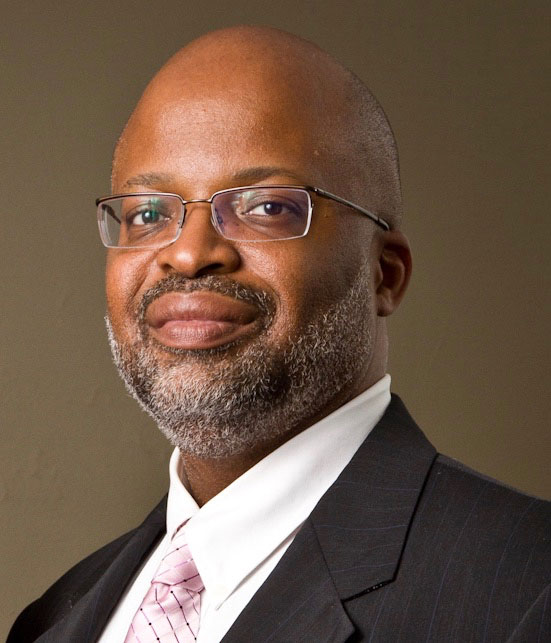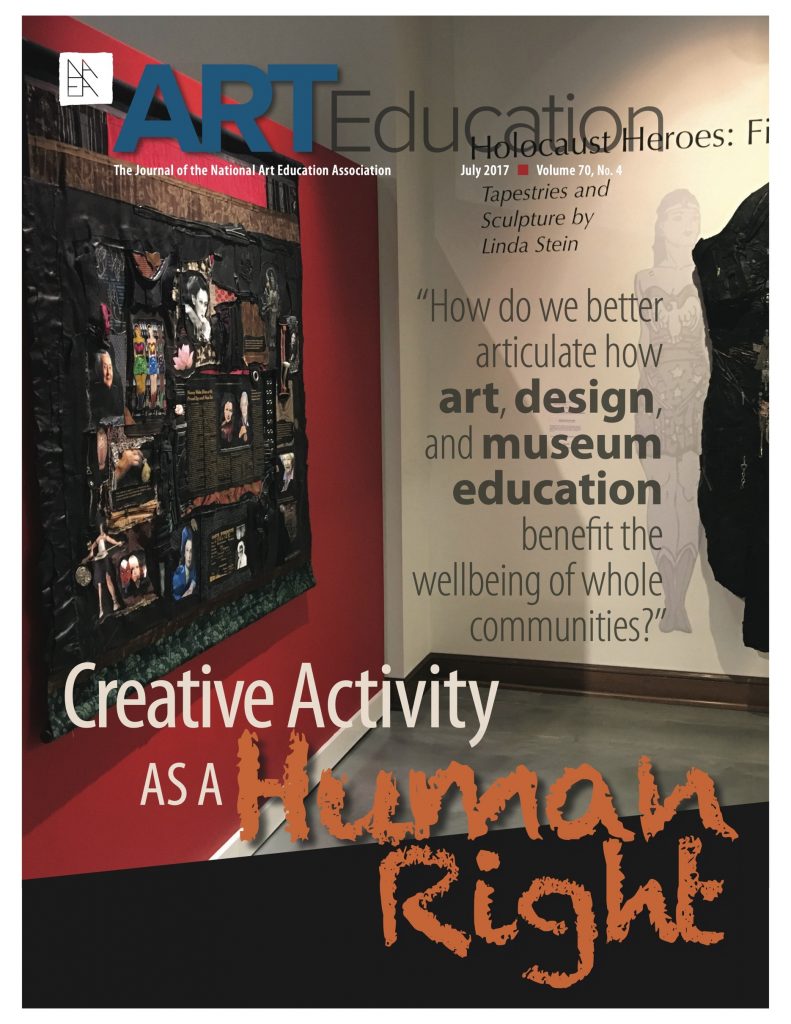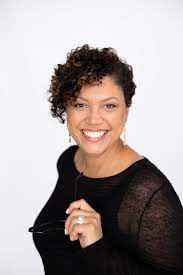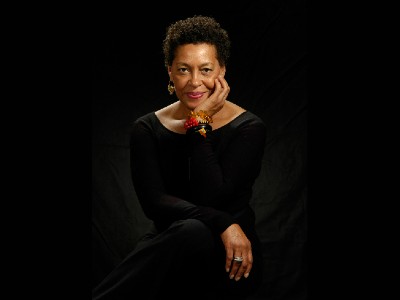100 Black Men of Syracuse and Syracuse Stage Present ‘Citizen James, or the Young Man Without a Country’ by Kyle Bass
Syracuse Stage, in partnership with 100 Black Men of Syracuse, announced that the company’s 2024/25 season will officially begin with “Citizen James, or the Young Man Without a Country”—a powerful and illuminating live world premiere production from resident playwright Kyle…



 The event includes keynote speaker
The event includes keynote speaker 
